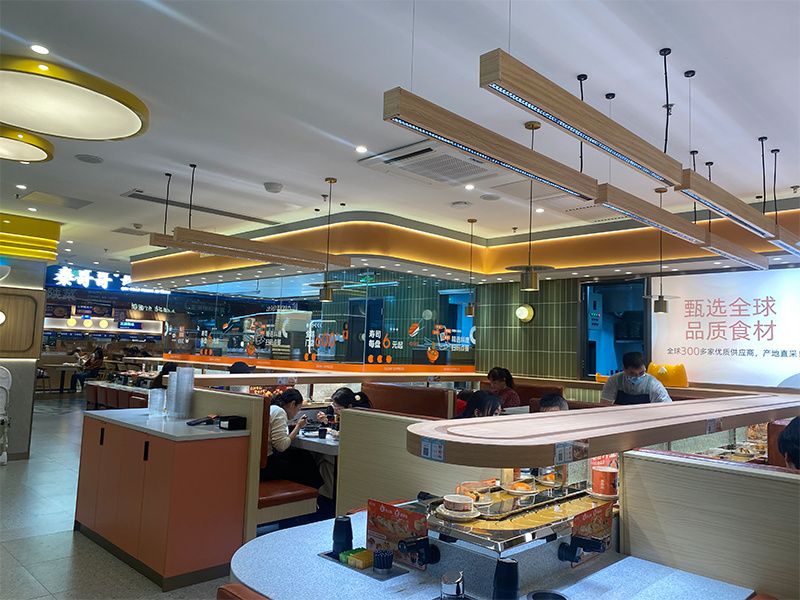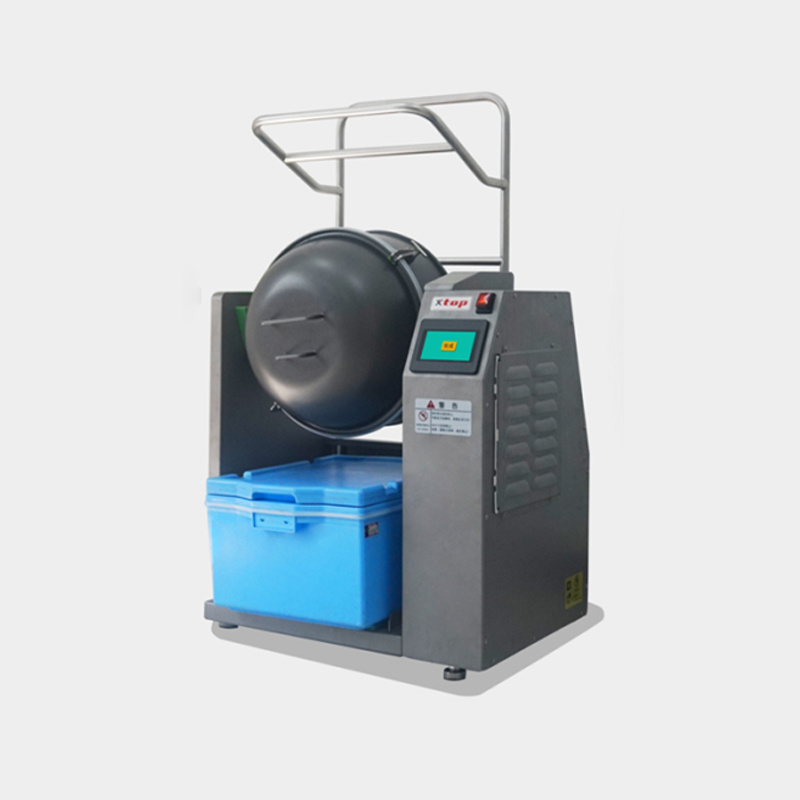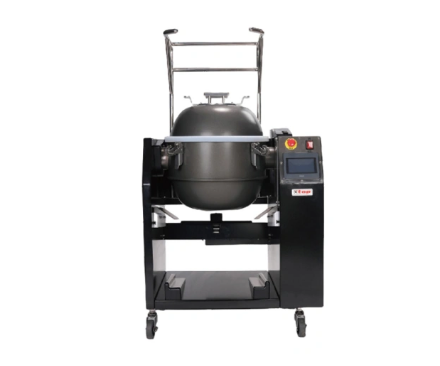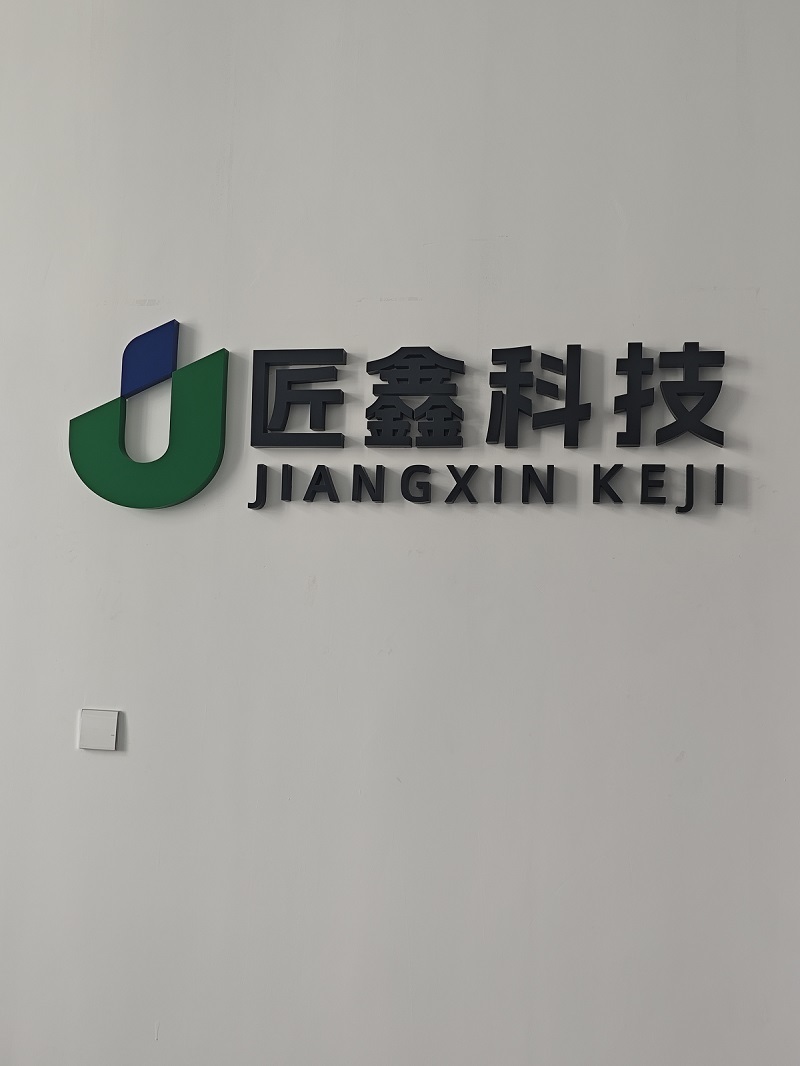Revolutionizing Logistics: The Role of Intelligent Conveyor Systems in Food Transportation
Release Time:2025-06-06
In the industrial equipment and components sector, particularly within food storage and transportation, the emergence of Intelligent Conveyor Systems represents a significant leap forward in operational efficiency and product handling. These systems integrate advanced technology and automation to streamline the movement of goods, making them indispensable in modern warehouses and distribution centers.
Intelligent Conveyor Systems are designed to optimize the flow of products through various stages of processing, storage, and delivery. Unlike traditional conveyor systems, which often rely on fixed routes and manual operation, intelligent systems utilize sensors, software, and machine learning algorithms to adaptively manage product transportation. This adaptability is particularly crucial in the food industry, where the integrity of perishable goods must be maintained throughout the supply chain.
One of the key functionalities of Intelligent Conveyor Systems is real-time monitoring. Through the use of sensors and IoT (Internet of Things) technology, these systems can track the movement and condition of products. This capability allows for immediate data collection, which can be analyzed to improve operational efficiency, optimize space usage, and reduce waste. For instance, if a delay is detected, the system can automatically reroute products or adjust the speed of conveyor belts to ensure timely delivery.
Moreover, these systems enhance safety in the workplace. By automating the transportation of goods, the risk of human error is significantly minimized. This is particularly important in food handling, where hygiene and safety standards are paramount. Intelligent Conveyor Systems can be programmed to include features that prevent cross-contamination and ensure that food products are handled in compliance with health regulations.
Energy efficiency is another critical advantage of Intelligent Conveyor Systems. With the ability to adjust to real-time demands, these systems can operate at optimal energy levels, thereby reducing operational costs and environmental impact. This is increasingly important in today’s industrial landscape, where sustainability is a growing concern.
In summary, Intelligent Conveyor Systems are transforming the food storage and transportation industry by enhancing efficiency, ensuring safety, and promoting sustainability. As technology continues to advance, we can expect these systems to become even more integrated and intelligent, paving the way for a more streamlined and effective logistics process. Businesses looking to improve their operations should consider the benefits of adopting such innovative solutions to stay competitive in an ever-evolving market.
Intelligent Conveyor Systems are designed to optimize the flow of products through various stages of processing, storage, and delivery. Unlike traditional conveyor systems, which often rely on fixed routes and manual operation, intelligent systems utilize sensors, software, and machine learning algorithms to adaptively manage product transportation. This adaptability is particularly crucial in the food industry, where the integrity of perishable goods must be maintained throughout the supply chain.
One of the key functionalities of Intelligent Conveyor Systems is real-time monitoring. Through the use of sensors and IoT (Internet of Things) technology, these systems can track the movement and condition of products. This capability allows for immediate data collection, which can be analyzed to improve operational efficiency, optimize space usage, and reduce waste. For instance, if a delay is detected, the system can automatically reroute products or adjust the speed of conveyor belts to ensure timely delivery.
Moreover, these systems enhance safety in the workplace. By automating the transportation of goods, the risk of human error is significantly minimized. This is particularly important in food handling, where hygiene and safety standards are paramount. Intelligent Conveyor Systems can be programmed to include features that prevent cross-contamination and ensure that food products are handled in compliance with health regulations.
Energy efficiency is another critical advantage of Intelligent Conveyor Systems. With the ability to adjust to real-time demands, these systems can operate at optimal energy levels, thereby reducing operational costs and environmental impact. This is increasingly important in today’s industrial landscape, where sustainability is a growing concern.
In summary, Intelligent Conveyor Systems are transforming the food storage and transportation industry by enhancing efficiency, ensuring safety, and promoting sustainability. As technology continues to advance, we can expect these systems to become even more integrated and intelligent, paving the way for a more streamlined and effective logistics process. Businesses looking to improve their operations should consider the benefits of adopting such innovative solutions to stay competitive in an ever-evolving market.
Keywords:Intelligent Conveyor System
CATEGORY
Related News
2024-02-03











